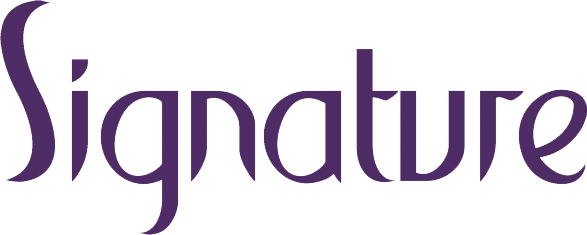Glossary – what to know when looking for a care home
Searching for care homes can be difficult when you find terminology you haven’t heard of before. This glossary aims to help explain some of these.
Assisted Living
Assisted living is a type of ‘housing with care’ which means you retain independence while you’re assisted with tasks such as washing, dressing, or taking medication. These living communities offer 24-hour support with personal care needs living in self-contained flats rather than in suites. The main advantage of assisted living in that it is typically less expensive than residential nursing care, although professional help is still available when necessary.
Care Assessment
A care needs assessment works out what help or support you need and how to get it. It’s usually provided by the social services department of your local council or by the residential home when decided.
Care Plans
A care plan is a document that outlines your assessed health and social care needs and how you will be supported. It specifies who will provide your care, what type of care you need and how it will be given.
Care Quality Commission / CQC
The CQC is an independent regulator of health and adult social care. They make sure healthcare services provide by residential homes people with safe, effective, compassionate, high-quality care and we encourage care services to improve. The CQC monitors, inspects and regulate services and take action if they find homes or services to be low quality.
Clinical Services
Clinical Services means counselling, assessment, therapy, medication management, that require specialised knowledge and training in the assessment and treatment of mental health.
Convalescent Care
Convalescent care is a temporary and often short-term form of care that provides extra support if you’re recovering from an operation or illness. Our welcoming care homes offer a range of treatment and support according to your needs.
Deferred Care Annuity
Deferred care annuity is largely similar to insurance just with a specific aim at people aged 60+, much like a general life insurance plan, care annuity is solely for your care fees once your need for care kicks in.
Dysphagia
Dysphagia is the medical term for swallowing difficulties. Some residents with dysphagia have problems swallowing certain foods or liquids, while others can’t swallow at all. Signature has menu options for those with this condition.
End of Life Care
End of life care is support for people who are in the last months or years of their life. This type of care should help you to live as well as possible until the patient or resident passes away.
Equity Release
If you’re 55 or over, your home could look after you with an equity release which allows you to access your property’s value for more cash in retirement. It allows you to tap into the wealth you’ve accumulated from your property without having to move.
Nursing Care
The specialist medical care provided by a nursing home is 24/7 and is suited to individuals with long term health and medical conditions which need monitoring and support with.
Palliative Care
Palliative care is about improving the quality of life of anyone facing a life-threatening condition. It’s available when you first learn you have a life-limiting (terminal) illness. Palliative care makes you as comfortable as possible by managing your pain and other distressing symptoms. This can also be referred to as “End of Life Care”
Person-Centred Care
Person-centred care is about focusing care on the needs of individual. Ensuring that persons preferences, needs and values guide clinical decisions, and providing care that is respectful of and responsive to them.
Reminiscence Therapy
Reminiscence therapy involves discussing events and experiences from the past and aims to evoke memories, stimulate mental activity and improve a person’s well-being; this is practiced most with people living with Alzheimer’s and dementia. Reminiscence can also be of great value when a person is supported to remember and reflect on their own life story.
Respite Care
Respite care is either planned or emergency care provided for the benefit of a caregiver, to give them a break from caring, while the person you care for is looked after by someone else. Respite care is provided at Signature residential homes.
Self-Funded Care
Self-funding means that you have enough savings to pay for you residential care without aid from your local council. Local Authority Funded Care. If you need to move into a care home, local authority care funding can help pay related costs – in full or part. It’s the most common way people get support to pay for care.

